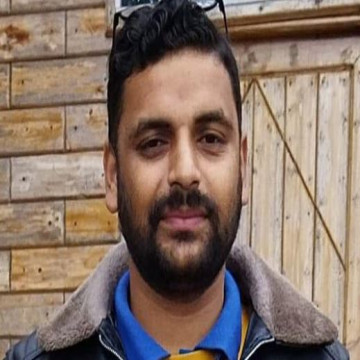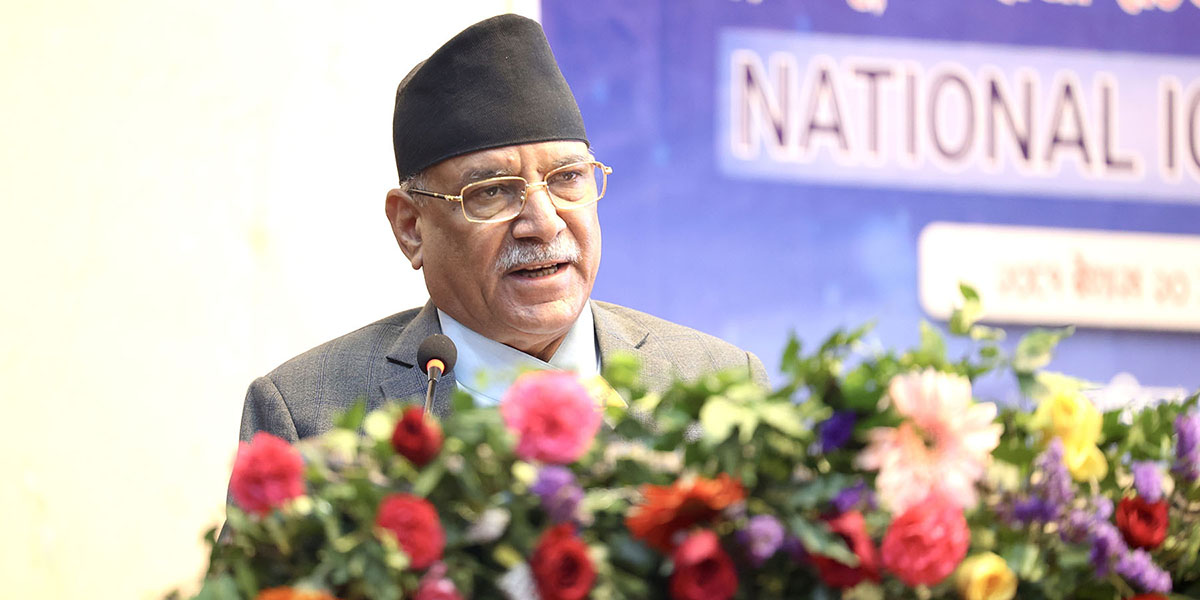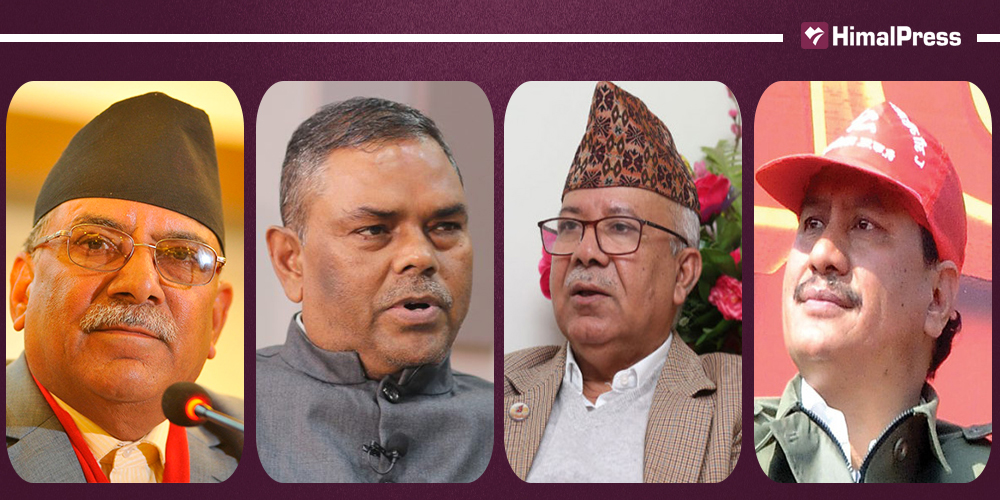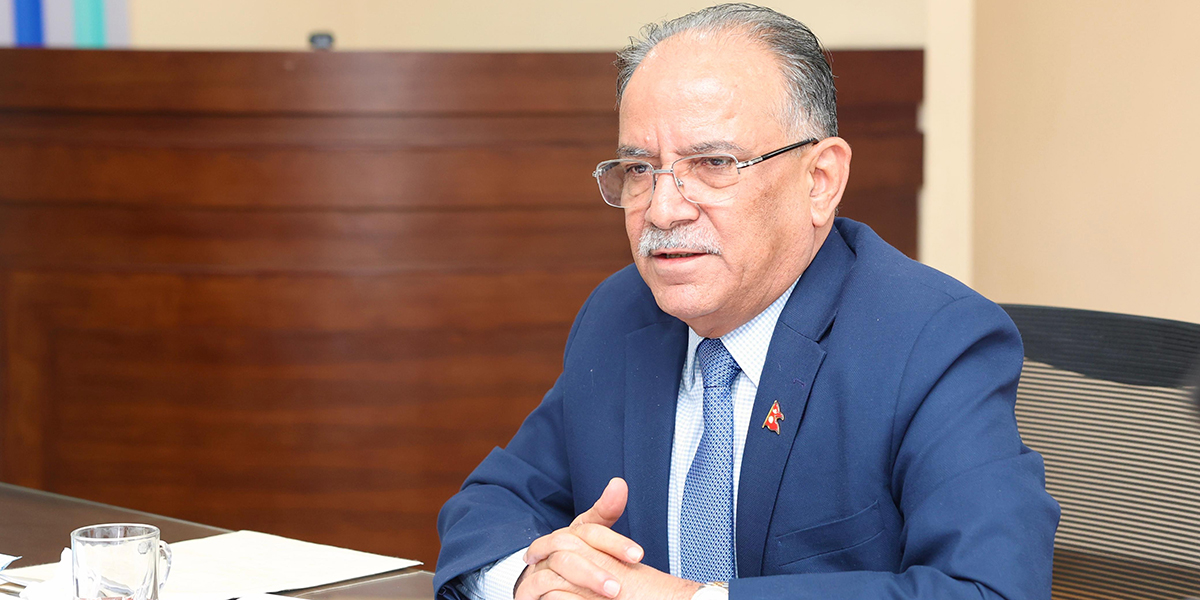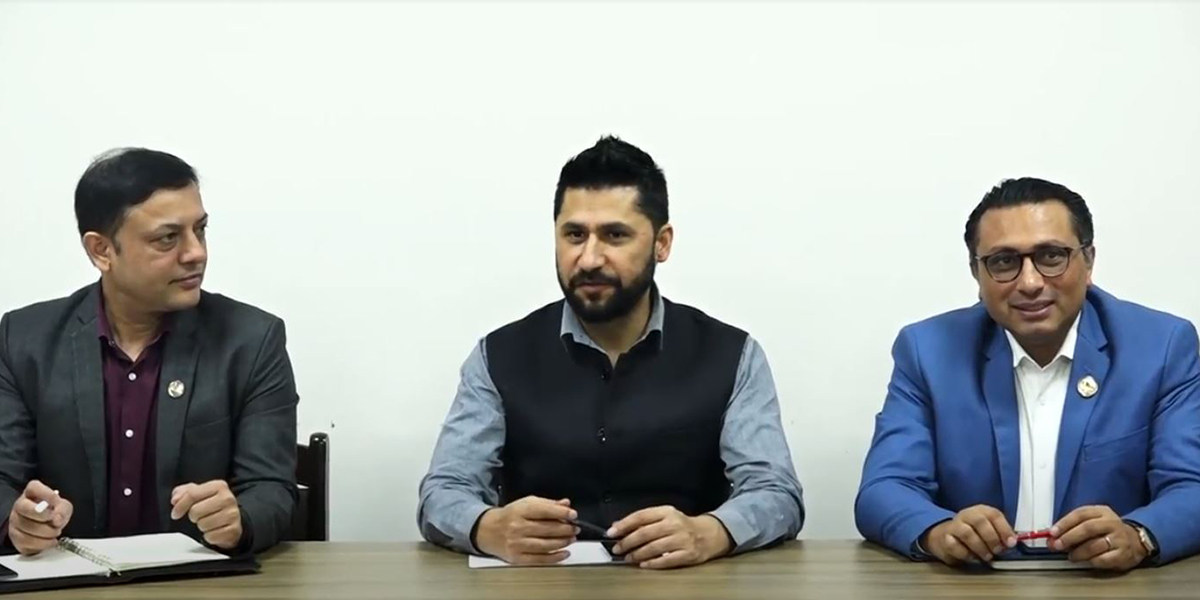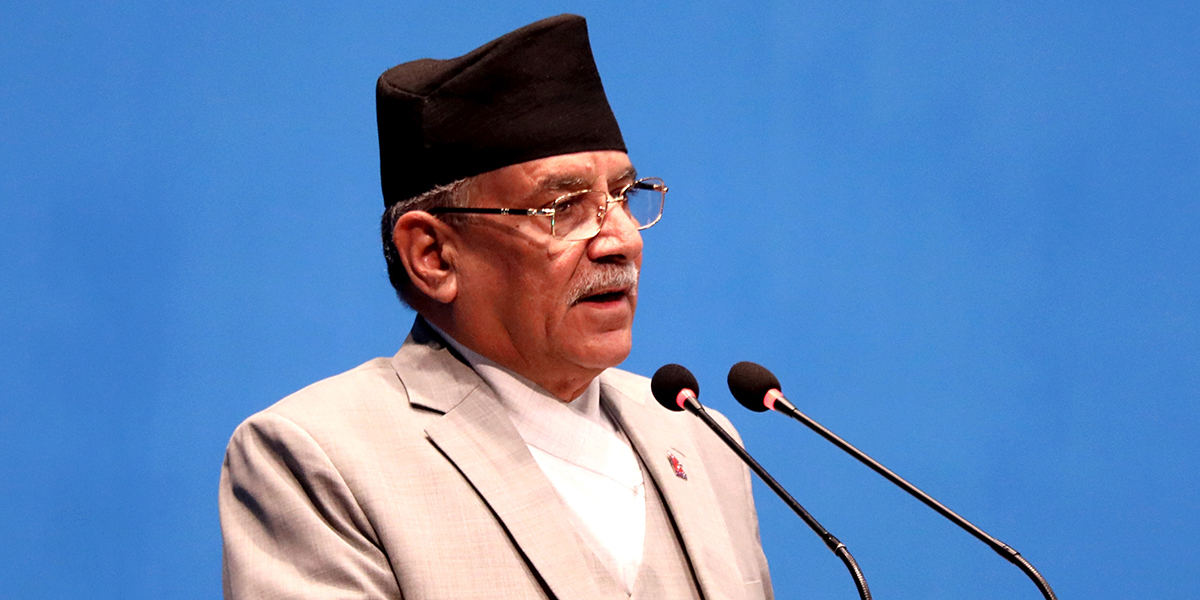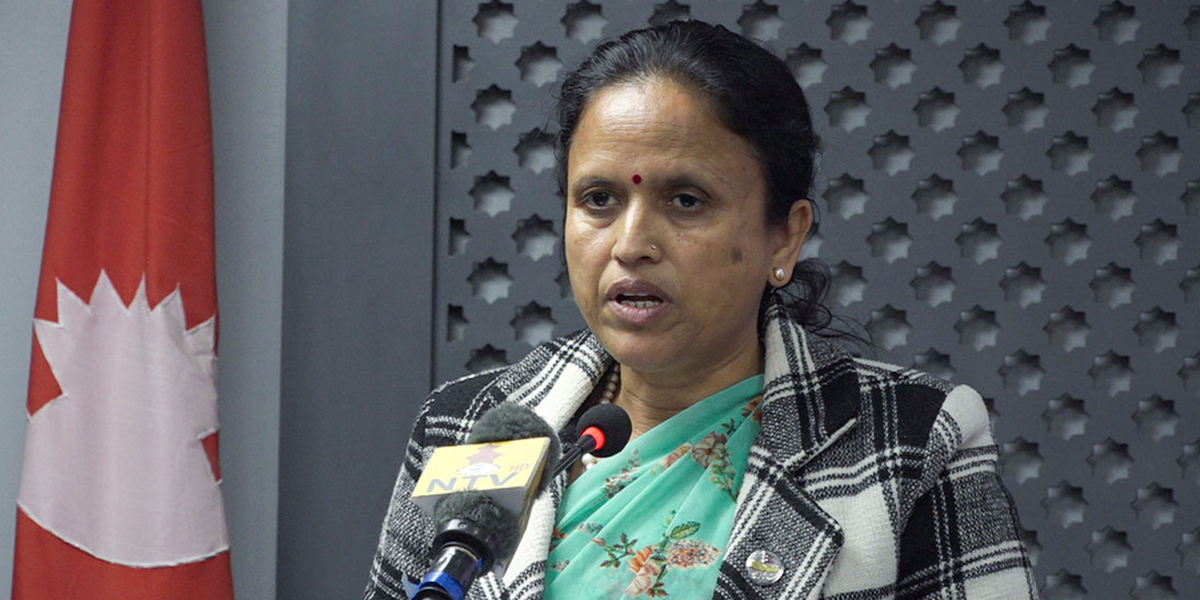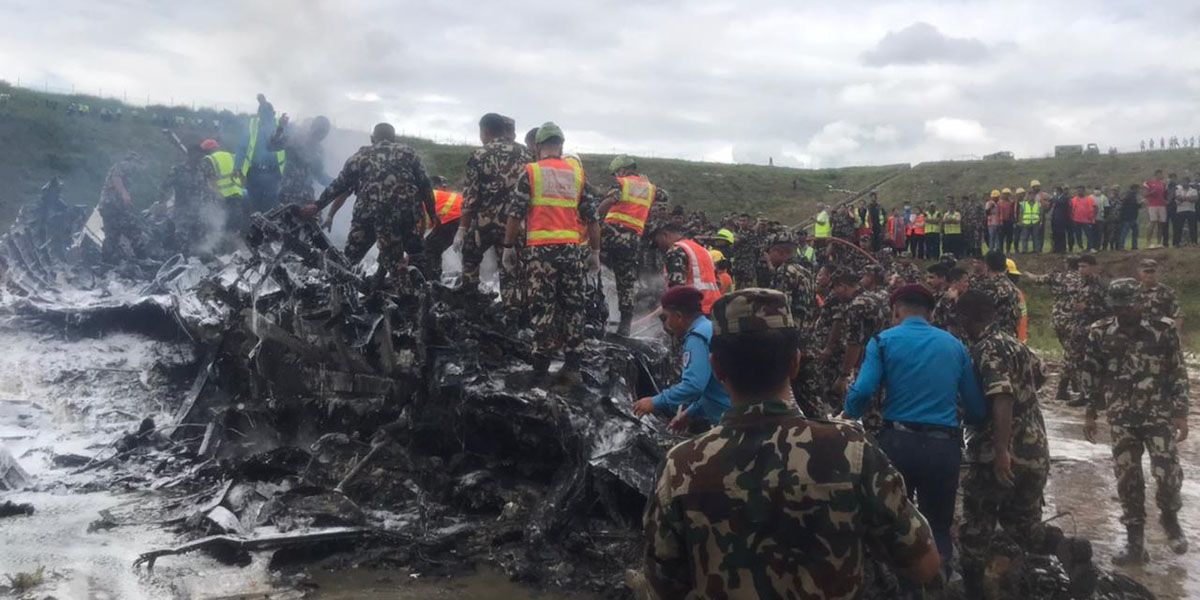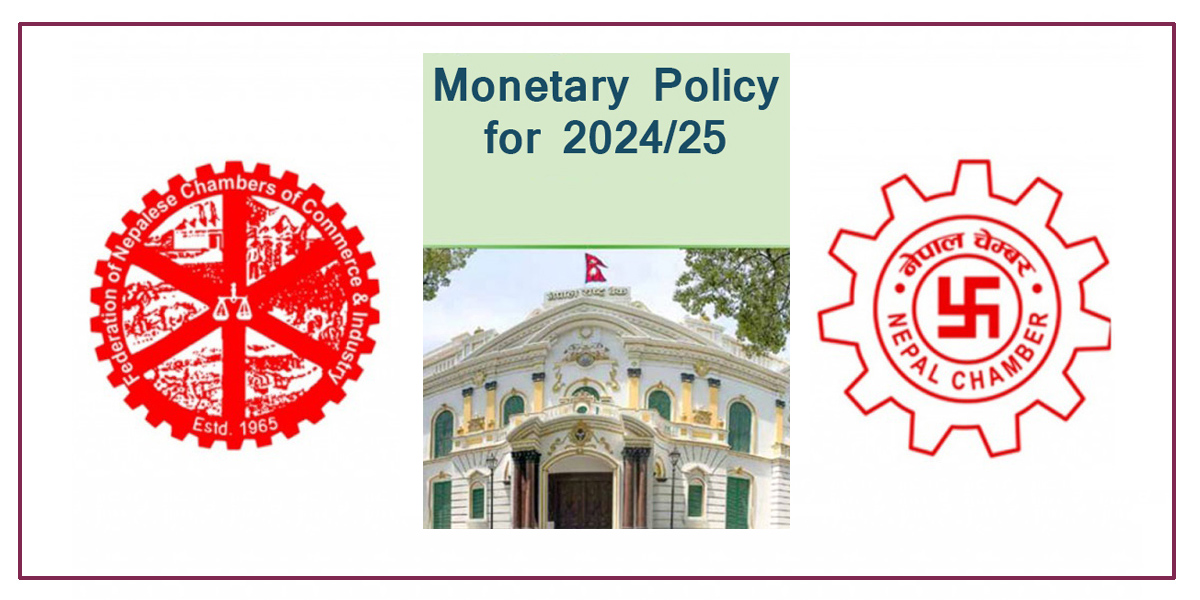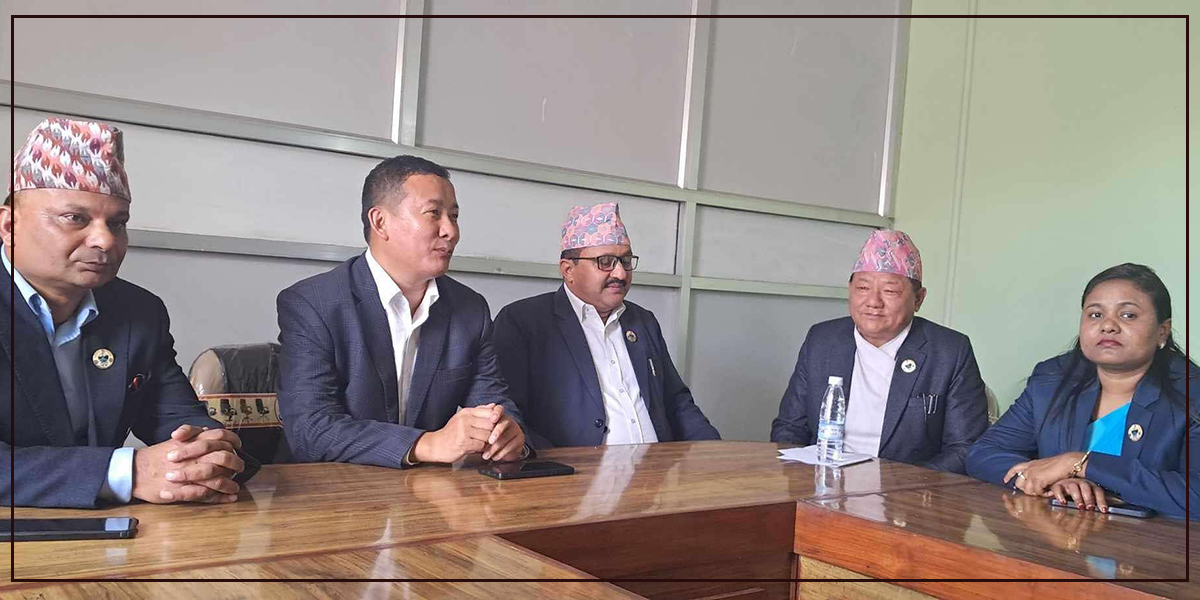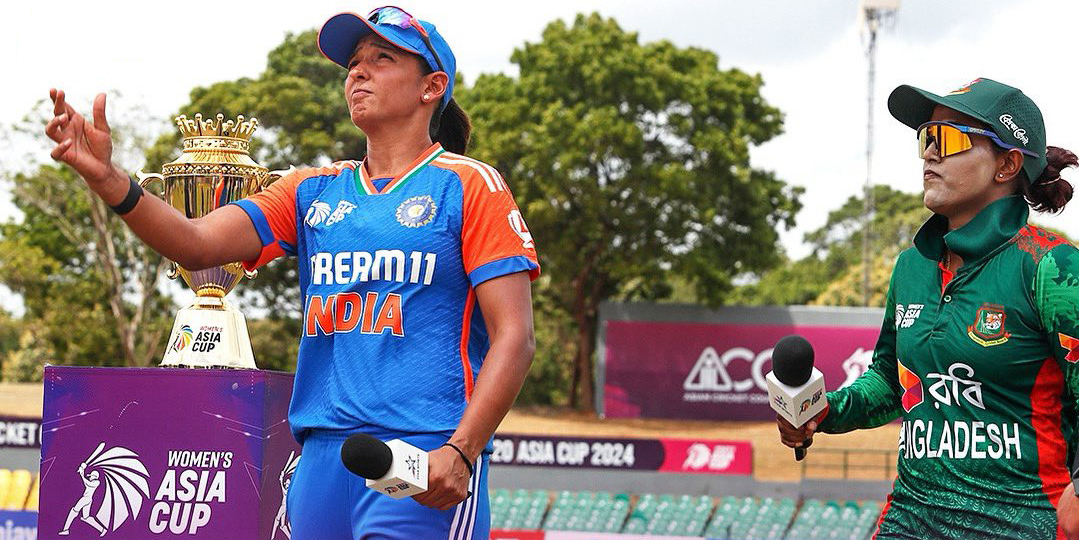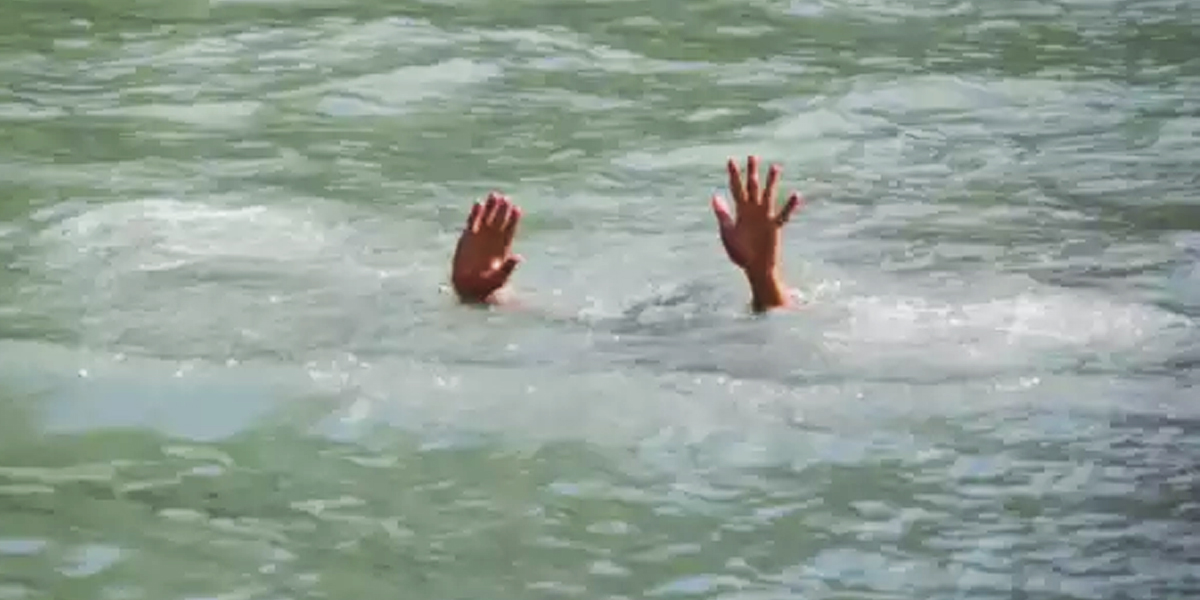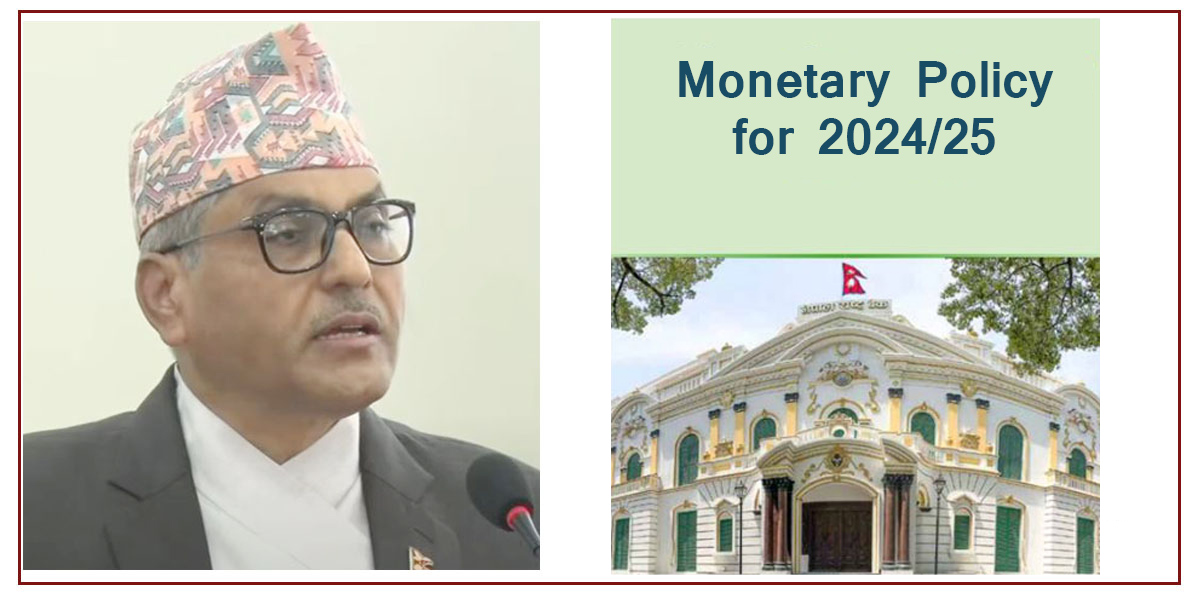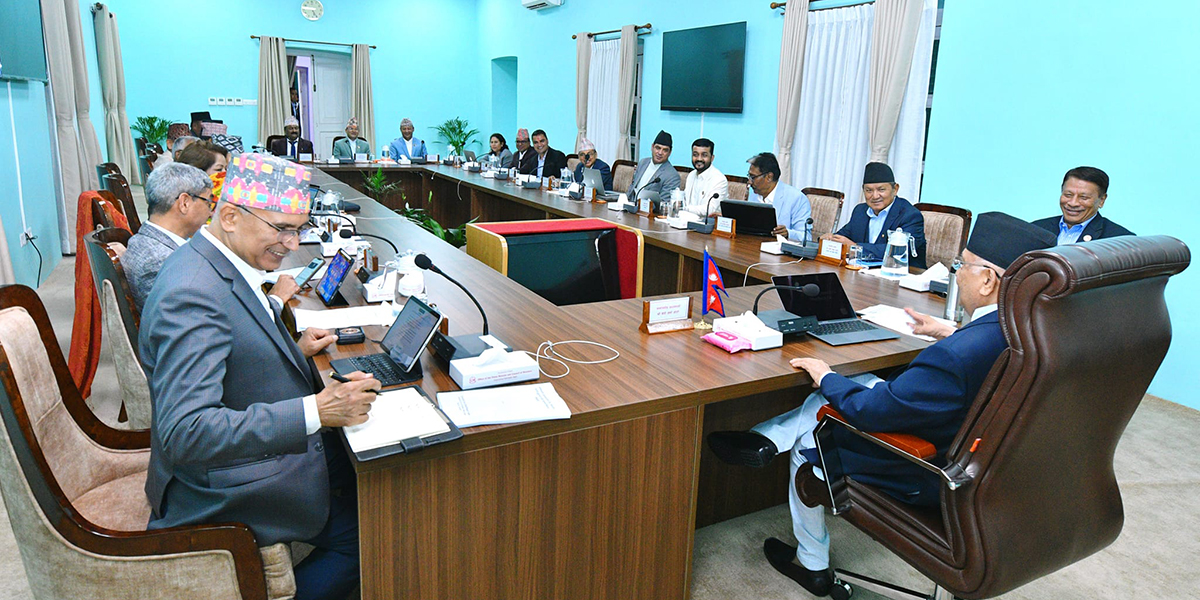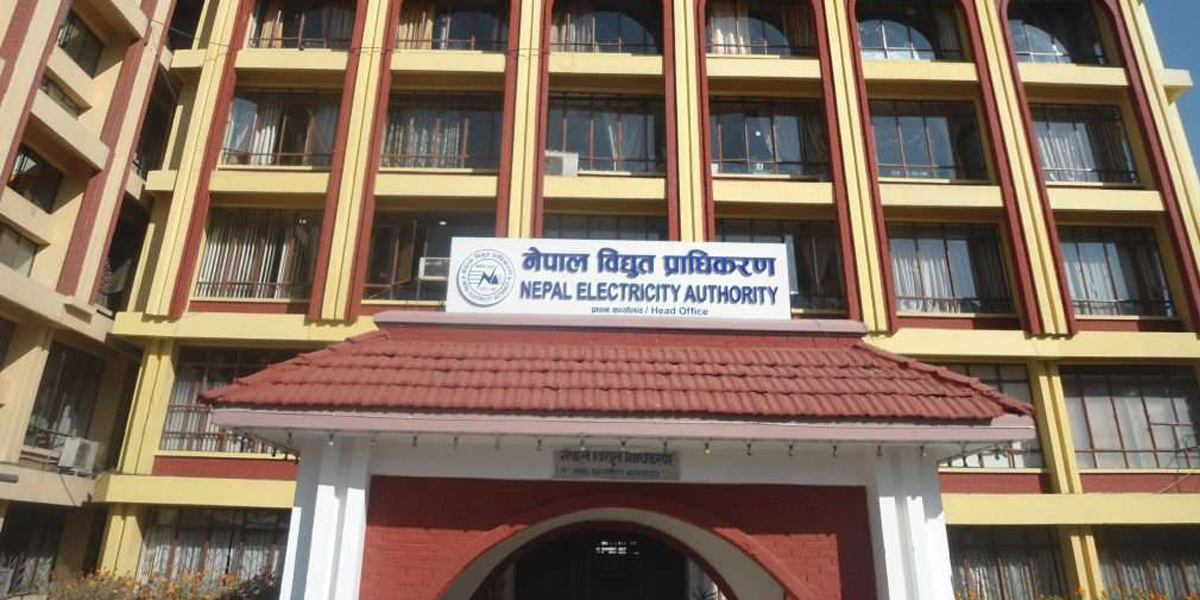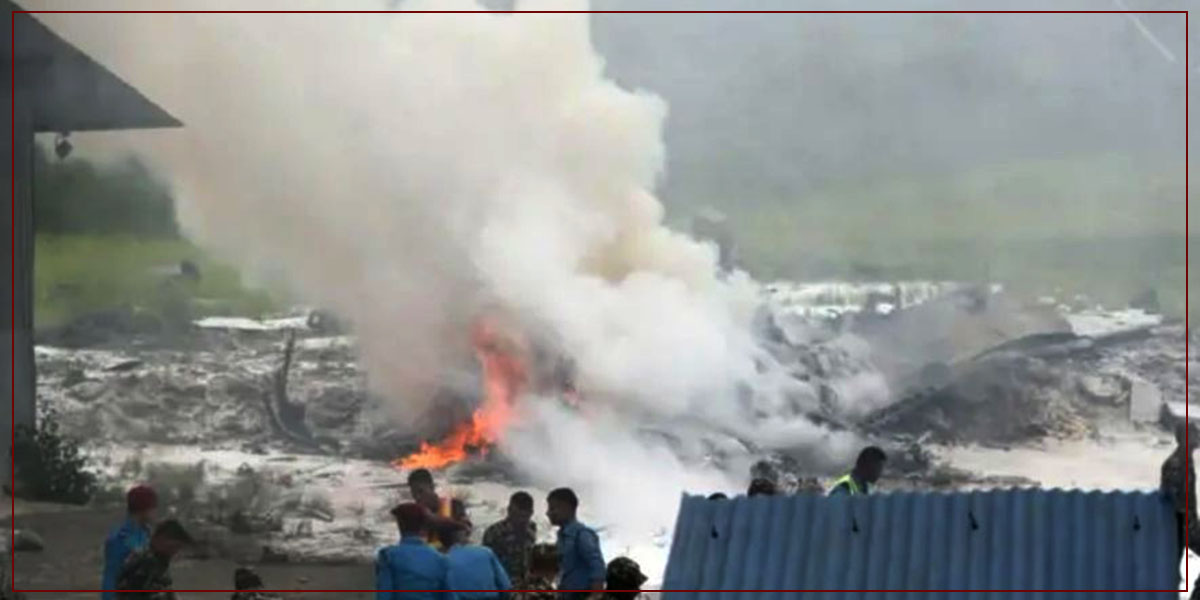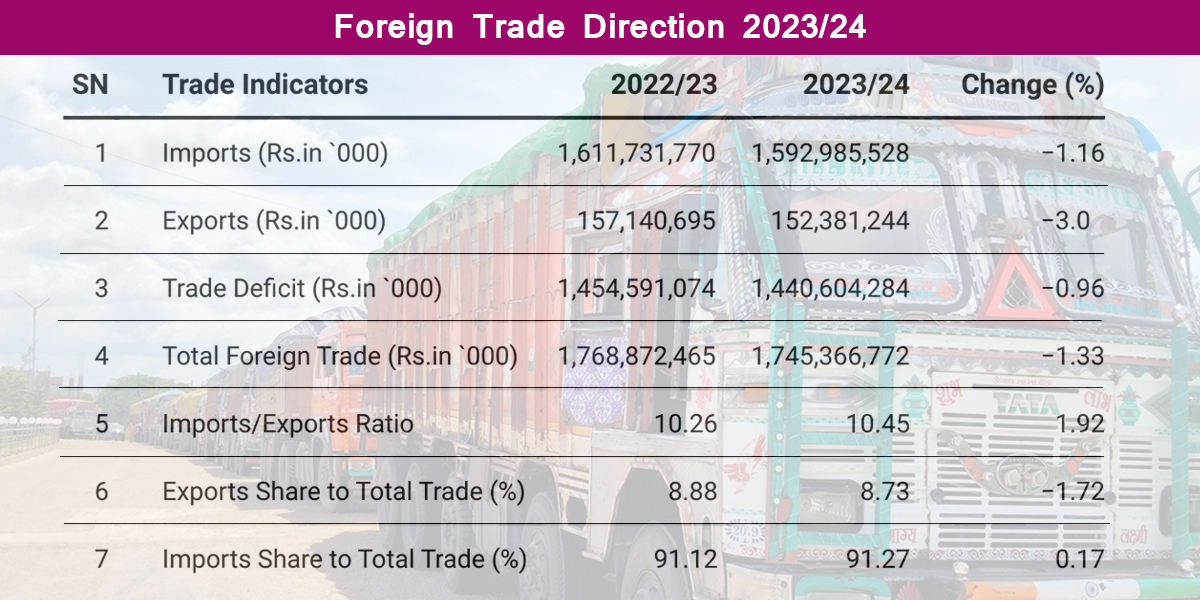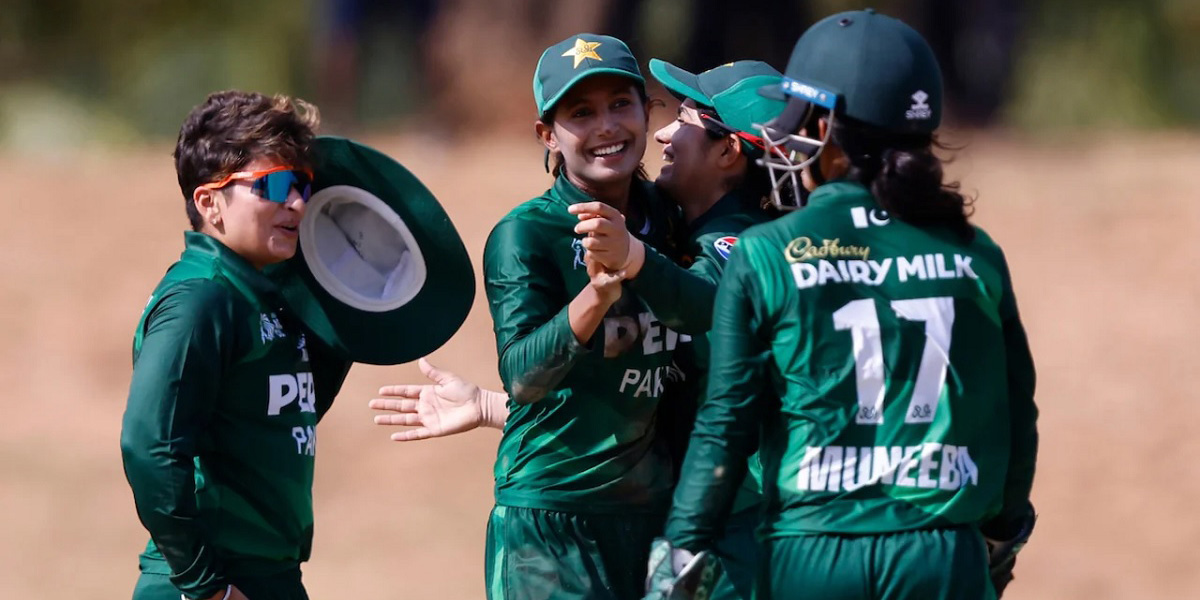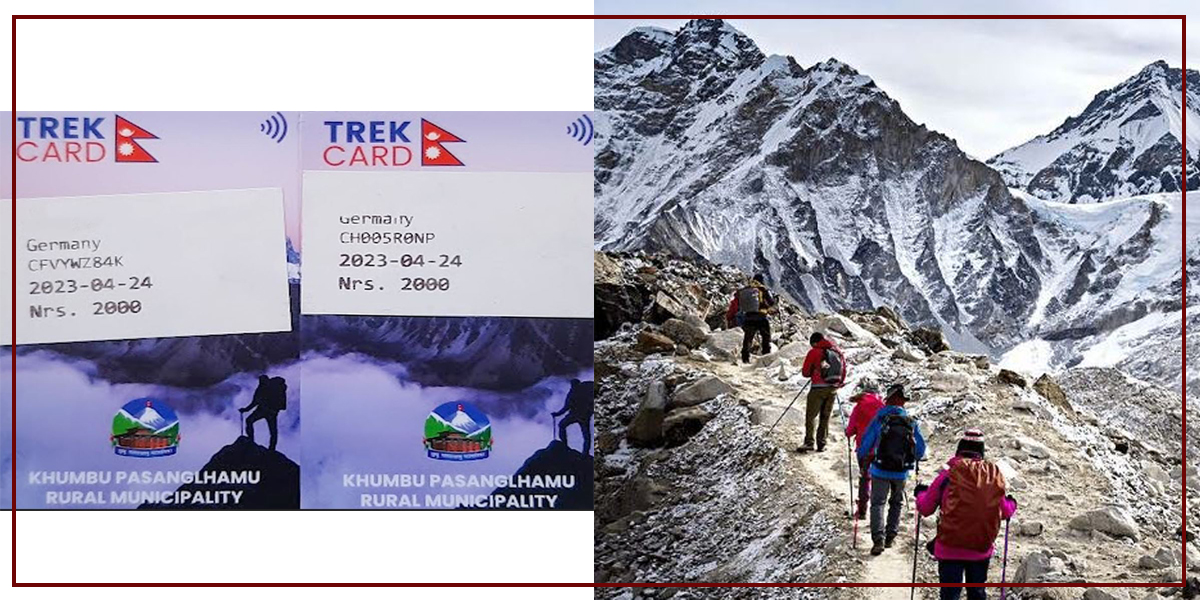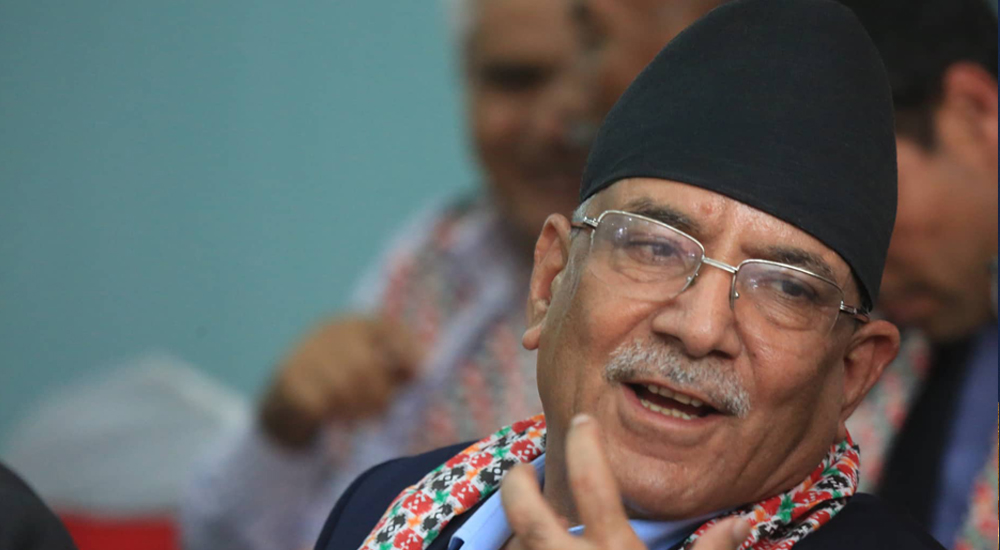
KATHMANDU: Chairman of the CPN (Maoist Center), Pushpa Kamal Dahal, has gained a reputation for his unwavering determination to retain power, often forming alliances without regard for party ideology. Since the 2017 election, Dahal has managed to stay in power by forging alliances with one party or the other. He forged alliances in both local body and parliamentary elections and formed coalitions with different political factions within just four months in order to safeguard his government.
Dahal became Prime Minister on December 25 by forming a UML-Maoist alliance. After just a few months, he formed a new coalition with the Nepali Congress following a disagreement with the CPN-UML over the presidential election. Two other parties in the coalition, the Rastriya Prajatantra Party (RPP) and Rastriya Swatantra Party (RSP), also exited his government.
Determined to maintain his grip on power, Dahal formed the existing coalition with the Nepali Congress, CPN (Unified Socialist), Janata Samajbadi Party (JSP), and other smaller parties on March 31. Despite his efforts to bring the RSP back into the coalition, the party has opted to stay in the opposition. Maoist leaders have stated that Dahal is now working towards forming a new coalition.
Left unity not possible immediately
Addressing the establishment day celebration of the Nepal Communist Party in Kathmandu on April 22, Dahal called for revival of Nepal Communist Party (NCP) which was formed through the merger of the Maoist Center and the UML. His coalition partner, Madhav Kumar Nepal of the Unified Socialist faction, went a step further by advocating for broader communist unity.
The call to revive the NCP is not new. Unified Socialist Chairman Nepal had previously presented the same idea to Dahal during the presidential election. However, at that time, Dahal did not entertain the proposal. Dahal, Nepal, and UML Chairman KP Oli would need to come together for broader communist unity to realize. UML leaders say that it may not be immediately possible for Dahal and Oli to resolve their differences and reach a common ground.
“Dahal became Prime Minister with our support, but he abandoned us. He is not committed to left unity or reviving the NCP. It would be better for him to unite with the Nepali Congress,” Deputy General Secretary of UML, Pradeep Gyawali, said. According to Gyawali, reviving the NCP is not feasible at this time.
“While there is a need for broader left unity, it is not possible to achieve it immediately,” Gyawali said. “Although left parties should come together and stand united, it is not a realistic expectation in the present circumstances,” he maintained.
Dahal, Nepal, and UML Chairman KP Oli would need to come together for broader communist unity to realize. UML leaders say that it may not be immediately possible for Dahal and Oli to resolve their differences and reach a common ground.
The United Socialist, which separated from the CPN-UML, is currently focused on expanding its party organization. As a result, its leaders are not considering left unity as a viable option at the moment. Unified Socialist’s senior leader Jhalanath Khanal told Himal Press that since the party is occupied with strengthening its organization, the immediate revival of the NCP is not feasible.
However, Maoist leaders say left unity is still possible. Maoist Center Secretary Devendra Poudel called for unification or formation of a united front, stating that fragmented factions would not lead to any significant progress. He called for all left parties to find a way to come together in some capacity.
After senior communist leaders discussed the possibility of party unity, veteran communist leader Bamdev Gautam also became active and engaged in meetings with various leaders. However, Gautam eventually backtracked, realizing that it was not feasible in the current circumstances.
Whither Socialist Center
Before the parliamentary election last year, discussions about the formation of a Socialist Center had gained momentum. The initial plan was to bring together the Nepal Socialist Party, Unified Socialist, Maoist Center, and JSP under this umbrella.
To facilitate the formation of the Socialist Center, each of these parties had established respective task forces. However, these task forces did not become as active as anticipated.
According to Maoist leader Ganesh Sah, the task force couldn’t become active primarily due to the busy schedules of senior leaders.
The Maoist Center’s task force was led by Vice Chairman Krishna Bahadur Mahara. Initially, Mahara was active in pursuing the plan. However, he eventually withdrew from the initiative after Dahal showed a lack of interest.
Dahal’s plan was to include both Baburam Bhattarai and Upendra Yadav in the Socialist Center. However, the differences between Bhattarai and Yadav that emerged during their time in the JSP hindered the progress of the plan, according to a Maoist Center leader.
Strained relationship between Dahal and Bhattarai
The relationship between Dahal and Bhattarai, who had previously expressed their commitment to work together, has become strained. Close associates of Bhattarai have stated that the failure of the plan was due to Dahal’s personal ambitions.
According to a leader close to Bhattarai, Dahal’s primary focus now is to maintain his position as prime minister. The leader mentioned that Bhattarai did not harbor such ambitions but instead aimed to unite all smaller political forces.
Power-sharing among the parties under the Socialist Center was also a matter of concern. Smaller parties were apprehensive that the Maoist Center, being the largest party, would seek to dominate and exert influence within the coalition
Furthermore, the leader stated that Bhattarai vacated his constituency for Dahal in order to foster unity. However, Dahal did not demonstrate significant interest in pursuing unity. The leader emphasized that the formation of the Socialist Center would be impossible unless Dahal relinquished his desire for power.
Dahal has also been blamed for attempting to create a new front within the ruling coalition under the guise of the Socialist Center. These concerns, particularly voiced by leaders of the Nepali Congress, also made Dahal backtrack from the Socialist Center plan.
Power-sharing among the parties under the Socialist Center was also a matter of concern. Smaller parties were apprehensive that the Maoist Center, being the largest party, would seek to dominate and exert influence within the coalition.
Jagannath Khatiwada, the spokesperson for the Unified Socialist faction, emphasized that unity among like-minded forces was crucial to address the challenges posed by emerging political forces. He highlighted that the focus should not solely be on specific parties but rather on the unity of left-wing forces.
Khatiwada stated that discussions for left unity were still ongoing.
A front sans Maoist Center!
The prospects of reviving the NCP appear dim due to the significant differences among senior leaders. Those advocating for unity express skepticism about the feasibility of bringing together the ruling Maoist Center and the main opposition UML.
UML leaders dismiss Dahal’s intentions to revive the NCP, asserting that cooperation with the Maoist Center is not currently feasible. UML Secretary Yogesh Bhattarai said his party will now need to move forward and explore alternative approaches. He suggests that unification is still possible if other parties come with a different approach.
The Unified Socialist is also for forming unity with other forces. But the party is facing difficulties in unification talks due to intra-party disputes and conflicting allegiances of its leaders.
The JSP, on the other hand, appears to be more focused on the stability and longevity of the current government led by Dahal.

